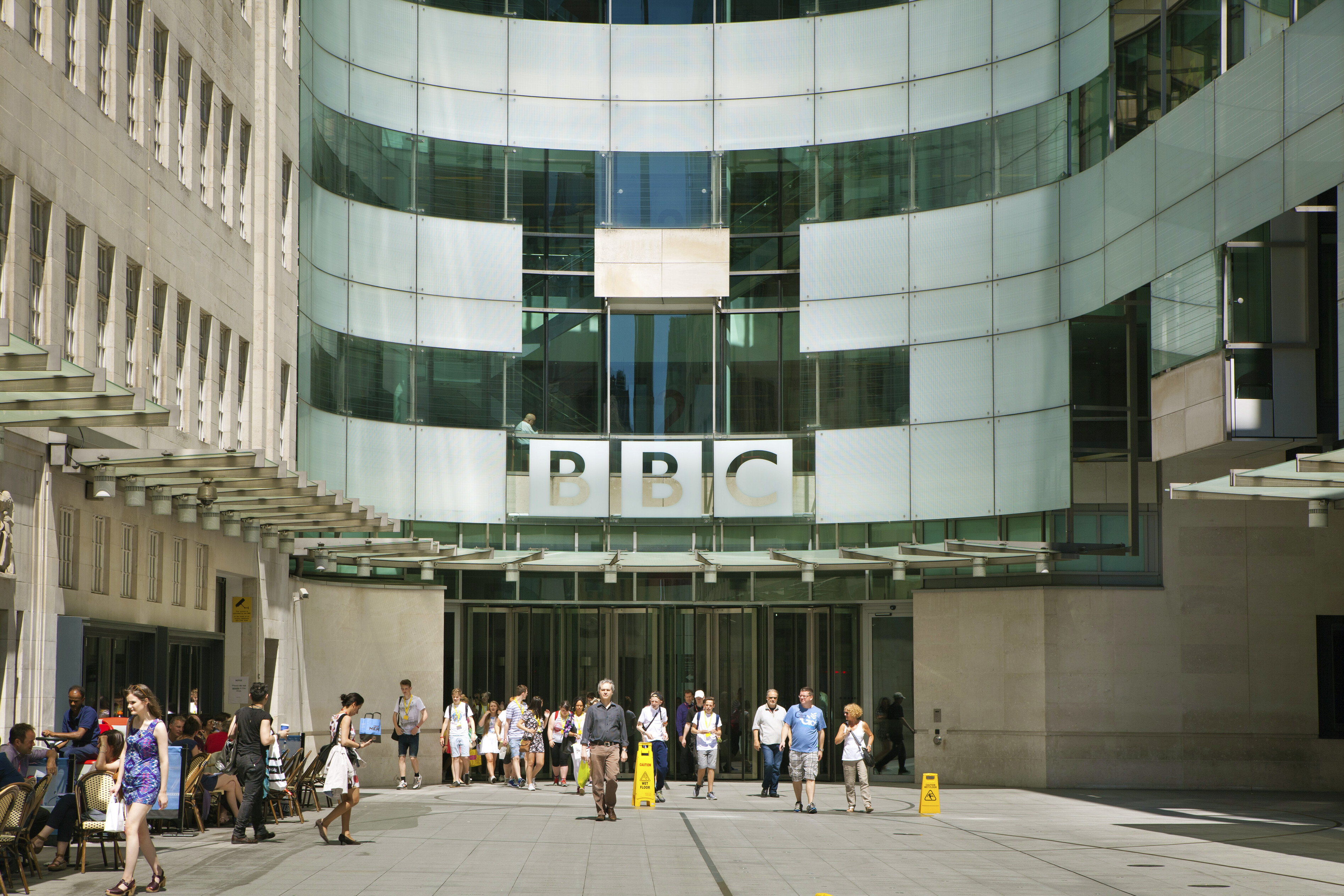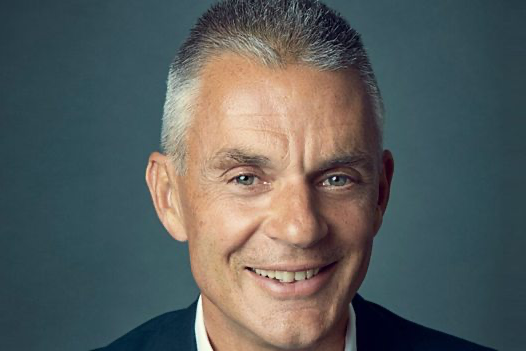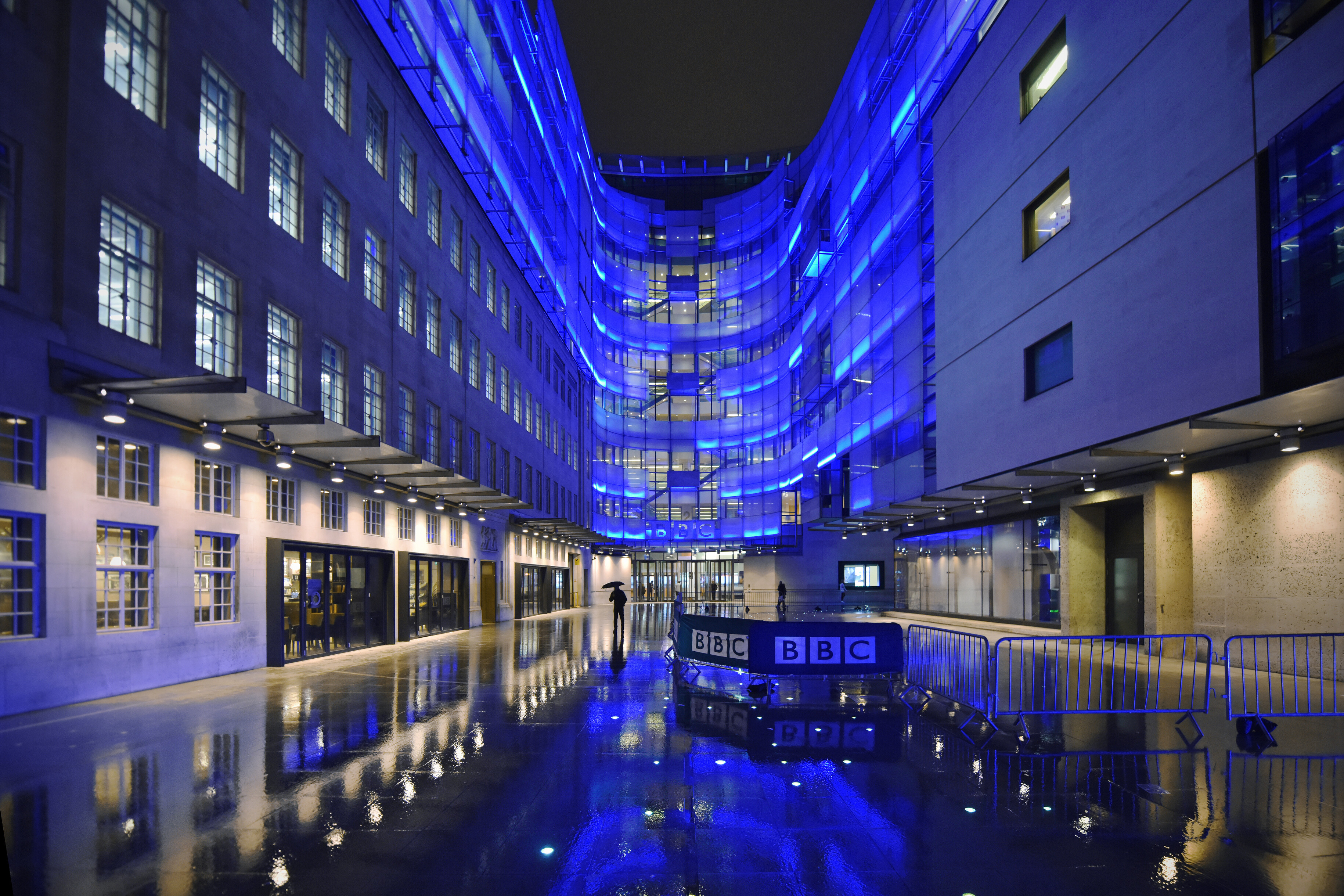A great deal of ‘anti-BBC’ flak is flying at the moment as the public broadcaster announced that it will end the provision of free licences for most over-75s on 1 August 2020. But we must be very clear about where the real blame lies for this decision.
The provision of free TV Licences for the over-75s has long been a Conservative objective, one pledged in both the 2015 and 2017 Conservative Party election manifestos. This objective was realised back in 2015 when a widely criticised deal was struck between the Conservative government and the BBC. It was agreed then that the government would cease funding licence fees for the over-75’s from June 2020. Instead, the BBC would take on the cost in return for an increased licence fee and an extension of the licence to those using the its iPlayer streaming service.
But the BBC is a public broadcaster, not a social welfare fund. The Public Media Alliance’s global perspective indicates that this kind of cost is rarely, if ever, shouldered by the public media organisation itself. Commentators at the time noted the 2015 deal as being a poor deal for the BBC, one that was rushed, made without scrutiny and was an assault on the independence of the corporation. It sat outside of the usual and well-established funding mechanisms for the BBC. It was a government decision.
Read more: TV licences: BBC to go ahead with over-75s licence fee changes (BBC News)
Recognising the importance of its role as a public broadcaster during the peak of the COVID-19 pandemic, the BBC agreed to continue to pay for all over-75s and review the decision at a later date. This decision has already cost the organisation more than £70 million. Continuing to fund all over-75s in addition to the extra costs arising from the pandemic itself, would have a significant and severe impact on BBC’s services.
The importance of public broadcasters has been recognised worldwide during the pandemic as audiences have valued the accurate information they provide and the role of public media in holding those dealing with the pandemic to account.
BBC Chairman, Sir David Clementi said, ““Like most organisations the BBC is under severe financial pressure due to the pandemic, yet we have continued to put the public first in all our decisions. I believe continuing to fund some free TV licences is the fairest decision for the public, as we will be supporting the poorest oldest pensioners without impacting the programmes and services that all audiences love.”
In fact, the new scheme, to be launched on 1 August 2020, will see the BBC continue to support free access to public media for around 1.5 million households in the UK.
Central to the debate surrounding this issue is that public media underpins informed democracy but for it to work effectively it needs strong and stable funding.
Header Image: London, UK – People outside the main entrance to the BBC’s Broadcasting House building in central London. Credit: georgeclerk/iStock
Related Posts
7th July 2020
COVID-19: Amplifying the threats to public media
From political interference to funding…
22nd June 2020
Concerns for local coverage as the BBC looks to make cuts
COVID-19 continues to take its toll on…
5th June 2020
Tim Davie appointed as new BBC Director-General
The BBC Board has appointed BBC Studios…



